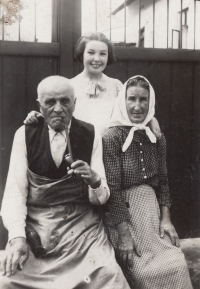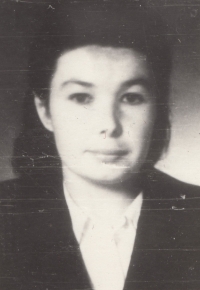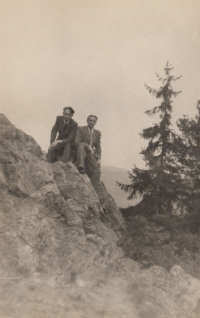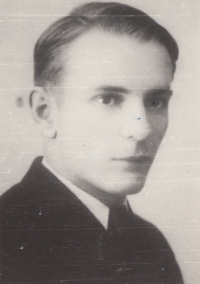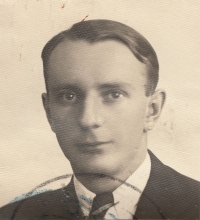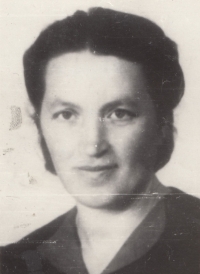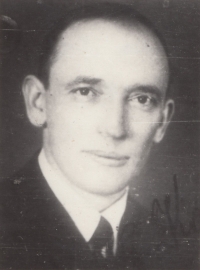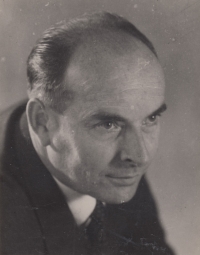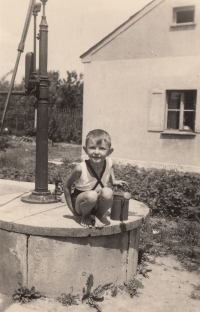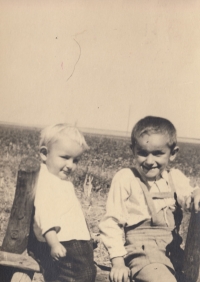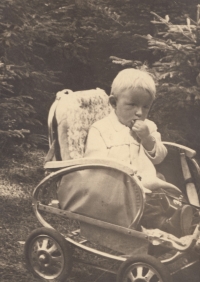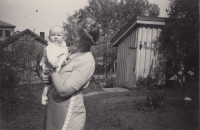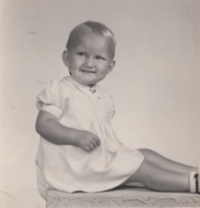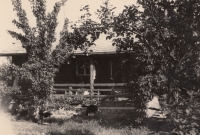I‘ve been so serious since I was a kid.

Stáhnout obrázek
Jan Bureš was born on 18 March 1943 in Pilsen. His father Jan Bureš worked as a bookbinder. His mother Marie Burešová worked in the household and sewed women‘s clothes. His parents lived in Plzeň, Roudná, and together with other relatives they joined the resistance organisation, the Second Light Secret Division. They hid the commander of the group, Jindřich Krejčík. On 20 June 1944, the parents were arrested by the Gestapo and taken to Pankrác. Jan Bureš was executed on 20 October, Maria Bureš on 14 November 1944. Jan‘s uncle Karel Bureš and his wife Ludmila were also executed. Aunt and uncle Hrček were deported to the concentration camps in Dresden and Leipzig, but they luckily survived. Other relatives also suffered a difficult fate. Jan was separated from his older brother Vladimír and brought up by the Hrček family. After training as an electrician, he worked as an operating electrician in Škoda factories from 1960 to 1982, then was employed in Plastimat in Černice. In 1961 he started his basic military service in Liptovský Mikuláš. In July 1965, he married Jarmila Solilová and they raised two children together. He refused to join the Communist Party and in 1989 signed the petition Several Sentences. From 2001 he worked in the company Papírna Slovany, four years later he retired.
